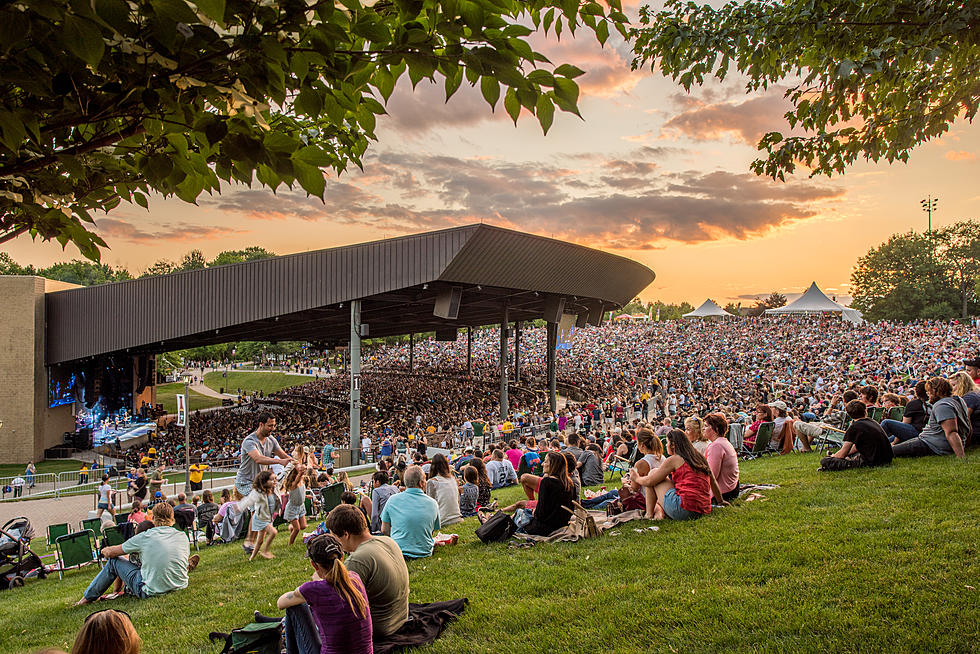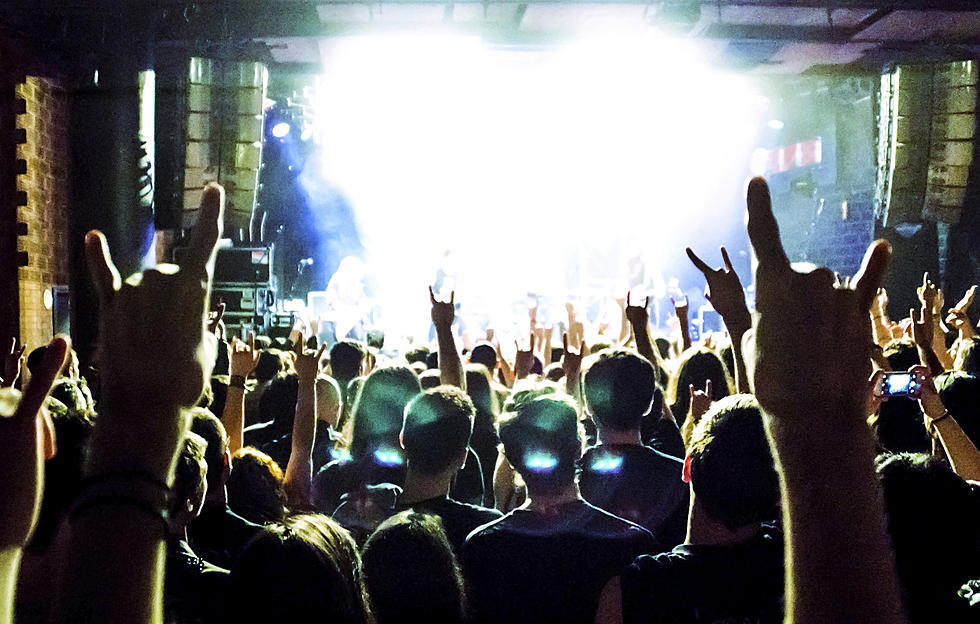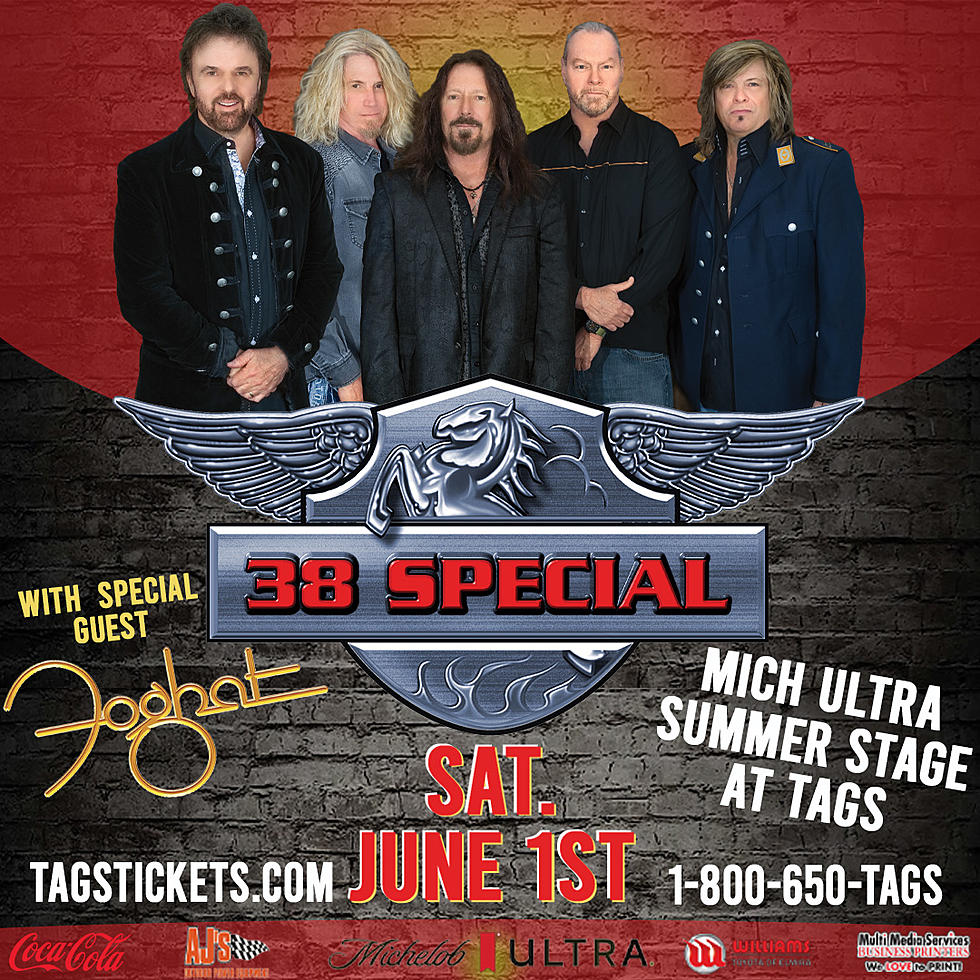
Allman Brothers Band Drummer Butch Trucks Dies
Butch Trucks of the Allman Brothers Band has died at age 69. A cause of death was not immediately known.
"Butch Trucks, a founding member of the Allman Brothers Band, tragically died the night of January 24 in West Palm Beach, Florida," the band's public-relations firm said in an official statement. "His wife, four children, four grandchildren and all of the Allman Brothers Band, their families and Road Crew survive Butch. The Trucks and Allman Brothers Band families request all of Butch's friends and fans to please respect our privacy at this time of sadness for our loss. Butch will play on in our hearts forever."
UPDATE: The Daily Mail is reporting that Trucks' death was the result of a self-inflicted gunshot. They have details, which they claim come from a transcript of a 911 call, on their website.
Born Claude Hudson Trucks in Jacksonville, Fla., in 1947, he started the Allman Brothers Band with Duane and Gregg Allman, Dickey Betts, Berry Oakley and Jai Johanny Johanson in 1969. That followed a tenure in college at Florida State in which Trucks said he "majored in staying out of Vietnam," according to Rolling Stone. While there, he formed a band called the Bitter End; Trucks met Duane and Gregg Allman at one of their shows in Daytona Beach.
By the time they set up for a string of March 1971 concerts that would produce At Fillmore East, the Allman Brothers Band had become an improvisational juggernaut, blending genres and styles with dizzying ease. "We were finally starting to catch up with what we were listening to," Trucks later recalled. "We had lived together … we got in trouble together. We all just moved as a unit. And then, when we got onstage to play, that’s what it was all about — and it just happened to all come together that weekend.”
Then, tragedy struck that October when Duane died in a motorcycle crash. Trucks served as a steadying force, helping to stabilize the group. They completed 1972's Eat a Peach, then rebounded with the No. 1 1973 album Brothers and Sisters – though it wasn't easy.
Duane Allman "used to tell us, 'If I die, don’t make a big deal of it. ... Just put me in a wooden box, throw me in the Ocmulgee River, stand on the bank and play for two weeks,'" Trucks told Forbes last year. "Implicit in that was: Don’t stop playing. We sat there dealing with his death. At 22, it took me weeks before I could finally accept it."
Johanson, who served as the group's second drummer, exited the lineup for a time in the '80s – but Trucks remained a stalwart member. In their best moments, the pair provided something distinct to the Allman Brothers Band sound. "Jaimoe was a real good drummer, but more of a pocket guy. … He wasn't really able to handle the power," Betts said in the band biography One Way Out. "We needed Butch, who had that drive and strength, freight train, meat-and-potatoes thing. It set Jaimoe up perfectly."
The Allman Brothers Band left the road in 2014 after a series of celebrated concerts, and Trucks concentrated on work with the Freight Train Band. That group, which had another round of dates set for March, included Berry Oakley Jr., son of Allmans' late co-founding bassist. (The elder Oakley died in a 1972 motorcycle accident just three blocks from where Duane Allman crashed the year before.) Trucks also led the Les Brers project, which featured various Allman Brothers alumni, and spearheaded various Allmans-related super-jams recently.
There had been talk last year of a possible Allman Brothers Band reunion, though Trucks' nephew Derek Trucks – a late-period member who's now focused on his own Tedeschi Trucks Band – had already declined to participate.
The Allmans' PR firm said donations and remembrances in Butch Trucks' name may be made to the Big House Museum in Macon, Ga.
Rocker Deaths: Artists We Lost in 2017
More From 99.1 The Whale









